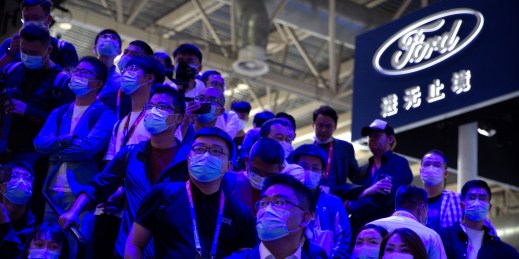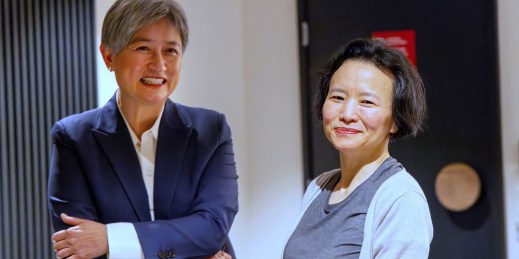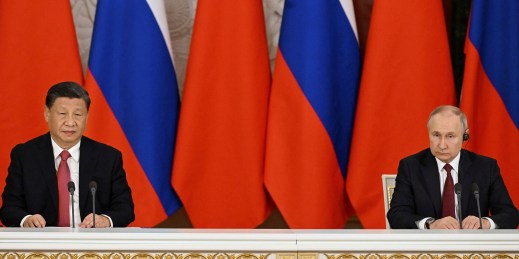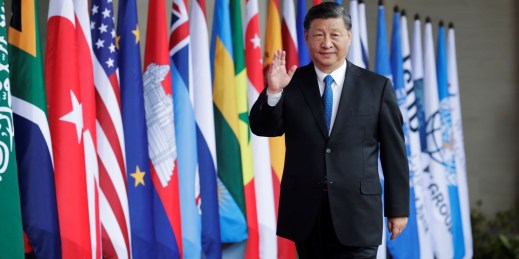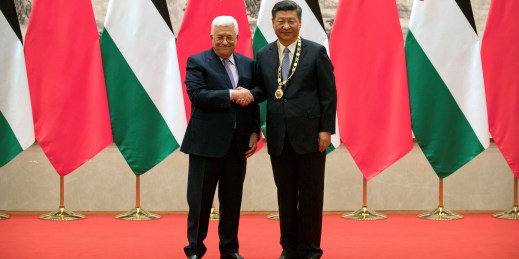
For the past several years, Chinese President Xi Jinping has fundamentally changed the goals and methods of Beijing’s foreign policy, with the Middle East central to its ambitions as a global powerbroker. Given China’s increased relevance in the region, its response to the Israel-Hamas war has been surprisingly underwhelming.

